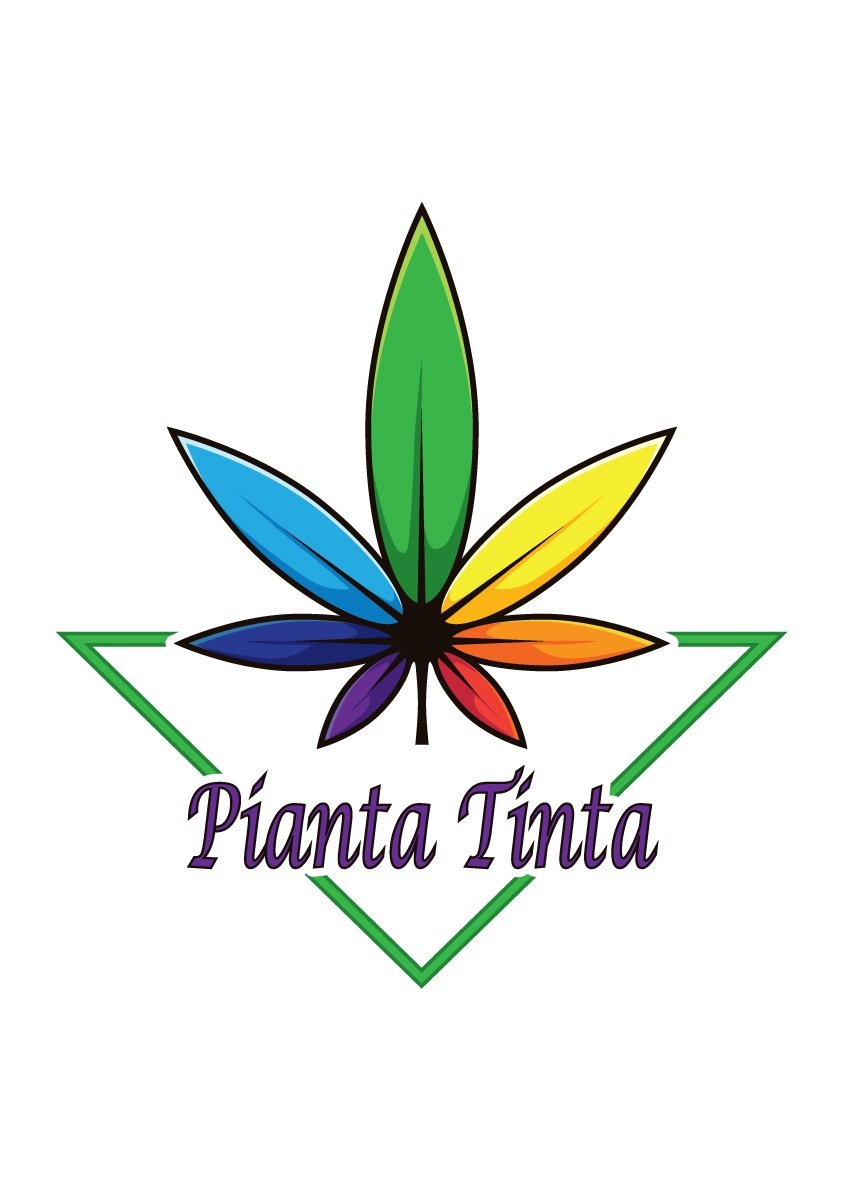I recently received this article from Green Flower Media regarding Insomnia and using cannabis as a natural sleep aid. There are many many reasons why people can't sleep, stress, pain, anxiety and many more. Please pass this on to anyone you know that is having issues with sleeping OR want to get off medications like Ambien. This article was written by Seshata, a journalist and researcher specializing in medical, cultural, and geopolitical aspects of cannabis. Elizabeth...PiantaTinta
How insomniacs find sleep with cannabis – not pharmaceuticals.
Estimates suggest there’s up to more than a billion insomniacs the world over, and for severe cases, the effect on health can be catastrophic.
Lack of sleep has been associated with conditions such as cardiovascular disease, diabetes, obesity – not to mention an inability to keep up with daily tasks and an increase in motor vehicle incidents.
In the United States alone, approximately one-third of all adults will experience insomnia at some point in their lives. Women are afflicted at twice the rate of men, and about half of all seniors over 65 suffer from the condition.
So that means that in the U.S., there are between fifty and seventy million adults afflicted with sleep disorders. At least nine million of them regularly take prescription sleep aids in the effort to keep heads on pillows.
But the massive irony is – most of these prescription medicines have dangerous, debilitating side-effects, and the vast majority don’t really do very much anyway!
For example, Ambien (the biggest selling sleep aid in the U.S.) has never been proven to be effective at maintaining sleep, except when delivered in a controlled-release form (so the drug stays in the system for longer).
But this controlled-release form is associated with dangerous levels of morning drowsiness, which has led to motor vehicle accidents on numerous occasions. On top of that, users are also taking on a scarily high risk of addiction, violent psychosis, blackouts and suicidal thoughts!
Your alternative to this prescription medicine madness
No need for dangerous pharmaceuticals like Ambien when cannabis is proving to be so much more effective.
For centuries, if not millennia, people have been using cannabis as an all-natural sleep aid, reporting that they are able to get to sleep more quickly and ultimately feel more rested.
To understand more about cannabis and healthy sleep cycles, we spoke with the esteemed physician and medical journalist Uwe Blesching. Uwe is the author of The Cannabis Health Index as well as a new online course on cannabis and insomnia.
“Insomnia is a disease that affects millions, and is the number one reason that women turn to cannabis" he says.
It’s also clear that when used properly, cannabis can certainly help an insomniac get a much better night’s rest, and with practically zero risk or side-effects compared to current drugs.
The mechanism via which cannabis influences sleep in humans is extremely complex and far from being fully understood. However, it’s clear that several cannabinoids have an important role to play in sleep cycles.
So which cannabinoids can help, and how?
As we expand our understanding of cannabinoid science, we learn how to better use this plant for many illnesses or ailments – including insomnia.
Uwe explains that THC causes an increase in “deep” sleep and a decrease in REM sleep (the “dream” stage of sleep).
In fact, during withdrawal from THC, REM sleep goes back up and deep sleep goes down. This ties in with the common belief that tolerance breaks lead to an increase in dreams.
THC also appears to increase initial sleepiness and make the user fall asleep faster. However, it has also been repeatedly associated with feelings of lethargy the next day (an effect also commonly found in prescription meds!).
CBD appears to have a twofold effect. When attempting to fall asleep, CBD can mitigate against the possible anxiety-inducing effects of THC, allowing the user to feel relaxed, calm and peaceful.
On the other hand, CBD can also increase feelings of alertness and wakefulness, so when combined with THC in the correct ratio, it can decrease the likelihood of feeling that next-day “hangover”.
Finding the right combination of THC and CBD could potentially get you to sleep quicker and leave you much more refreshed in the morning!
THC and CBD are just the beginning!
We also now know that several lesser-studied cannabinoids such as cannabinol (CBN), cannabichromene (CBC) and cannabigerol (CBG) can have a sedative effect. In fact, Steep Hill Labs says: “Of all the cannabinoids, CBN appears to be the most sedative.”
There are over a hundred unique cannabinoids in cannabis, and even more important organic compounds such as terpenes and flavonoids, which can act together in countless different ways, to produce a range of unique effects.
Several terpenes commonly found in cannabis, such as myrcene, linalool and citral, have been shown to have sedative or relaxant effects. For more information, check out Green Flower’s fantastic resource on cannabis terpenes!
How Stress is Fundamental to Insomnia
Cannabis, when properly administered, can also help you tackle underlying issues that cause insomnia, particularly stress.
According to Uwe, “The most common cause for primary insomnia is so universal that it is almost synonymous with the condition itself: STRESS – especially chronic stress. More specifically the kind of stress that builds up in the form of worries, fears, emotional distress, heartaches, longings, or simply bad news.”
Targeting the symptoms of stress, as well as directly manipulating sleep cycles, should therefore prove to be a far more effective approach than the current standard in healthcare.
Currently, doctors may look at your medical history and run a few diagnostic tests, but it is unlikely that they will explore the causes of your stress in-depth. What’s far more likely is that they’ll throw a prescription sleep aid at you and move on to the next patient.
Instead, many of us now have the information and the high-quality, legally-accessible cannabis medicine with which we can begin to tailor our cannabinoids to suit us best.
Finding the Right Blend For You
This THC-free terpene oil is a great example of how we are expanding access to different formats of cannabis medicine.
More research into cannabinoid and terpene ratios could lead to the development of seriously effective, individually-targeted insomnia medications – which will reduce stress, keep the user asleep for longer, and wake up more refreshed and less “hungover” than any existing pharmaceutical! As well as – perhaps most importantly – cutting out practically all of the potential health risks.
The key to the puzzle is finding your “subjective therapeutic window,” as Uwe puts it. Your optimal dosage, in other words.
Individual genetics, state of health – these crucial factors determine what your body needs at any given time. Meeting those requirements with the correct cannabinoid profile is, in essence, finding that subjective therapeutic window.
Why is this so crucial? Uwe says: “Because taking too little is sub-optimal, while too much can actually increase the very symptoms you are attempting to treat.”


